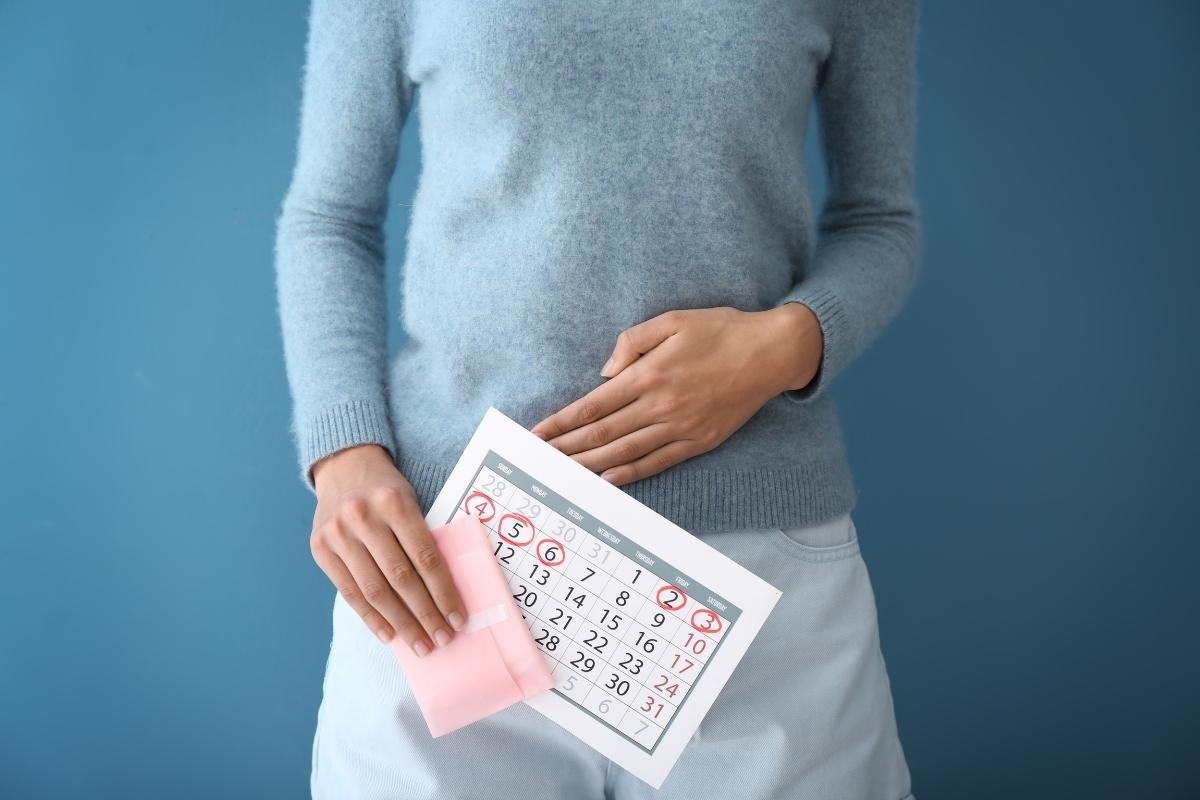Blog
Sleep problems, depression, are risk factors for lower quality-of-life scores after concussion
A study investigating health-related quality of life (HRQL) metrics and other psychological factors post-concussion in youth found that that psychological risk factors such as anxiety and depression negatively impact health-related quality of life in the initial 6-month phase of pediatric concussion.
Moderate to vigorous exercise during post-concussion recovery reduces anxiety levels in teens
A study found that engaging in moderate-to-vigorous physical activity during post-concussion recovery can reduce anxiety levels in teens and have other beneficial effects.
Study finds more pre-existing mental diagnoses associated with longer recovery time and higher emotional symptom burden
In a study published in Sports Health, Master et al. found that the existence of pre-injury mental health diagnoses correlated with longer concussion recovery time and increased emotional symptoms.
Chronic cannabis use may protect young adult athletes from the effects of subconcussive head impacts
A study found that athletes who used cannabis regularly had better eye focus ability and lower levels of brain inflammation compared to the non-cannabis group after repetitive subconcussive head impacts.
Study finds that concussion increases odds of poor mental health and suicidal behaviors in adolescents
A study conducted by Jacob Kay et al. found that male and female teenagers who reported a history of concussion in the last year were at greater risk of suicidal ideation, planning, and attempts than those who had not sustained a concussion in the previous year.
E-scooter injuries in 13-17 year olds doubled and hospitalization tripled in the last decade
E-scooter injuries in children and adolescents are “becoming much more common and increasingly severe,” according to a 10-year study.
Synthetic fields: are they adding to concussion risk?
Ian K. Chun found that turf fields result in impact deceleration “as much as 23 g higher on artificial grass compared to natural surfaces.” The higher g forces may translate “to a theoretical increased risk of concussion due to contact with playing surfaces,” according to Chun.
Goldilocks effect: screen time in moderation after concussion may be “just right”
A study found that very low and very high screen time predicted more severe postconcussion symptoms in the first 30 days post-injury. However, this association was no longer present once patients were more than 30 days out from their injury.
No significant reduction in relapse of symptoms due to premature Return to Learn
A study found a significant reduction in symptom relapse rates related to premature Return to Learn but not for Return to Play, indicating the need for more emphasis on implementing Return to Learn protocol.
Post-concussion changes in menstrual cycle reported among adolescent patients
Researchers found changes in menstrual patterns 3-4 months post-injury in 1 out of 8 adolescent patients. The authors also found higher symptom severity for those who sustained a concussion after ovulation and before menstruation.
Concussed youth are at significantly higher risk for mental health issues; further commentary and tips for parents
A study found that “youth who experienced a concussion were more likely to develop mental health issues, self-harm, or psychiatric hospitalization than peers who had an orthopedic injury.” We include information and tips for parents.
Emotional distress is more closely associated with pessimism about recovery duration than with symptom severity or mental health history
A study found that patients’ expectations of their recovery duration had a larger impact on their mental health than their actual reported symptoms, number of concussions, or history of mental health concerns.
Children with assault-related concussion have worse outcomes and are less-likely to get proper evaluation than those with sport-related concussion
A study found significant disparities in diagnosis and outcomes between children presenting to a pediatric hospital with assault-related (ARC) and sports-related concussion (SRC).
Concussion education in schools is inconsistent, overly athlete-focused
A study found significant gaps in school-based concussion education in a scoping review, "including a lack of clear guidelines for concussion education content, questionable sustainability of the education delivery and the need for long-term evaluation of outcomes.”
Resuming physical activity 72 hours after concussion reduces symptoms and the risk of delayed recovery
A study has found that for youth ages 10 to 18, “Resuming non-contact physical activity 72 hours after a concussion is safe, and may also reduce symptoms and the risk of delayed recovery,” according to a CHEO Research Institute press release.
Children and adolescents with concussion at 40% higher risk for mental health issues than peers with orthopedic injury
A study found that children and adolescents who sustain a concussion are at an increased risk of developing mental health issues. The results indicated that "young people who sustain a concussion are at a 40% higher risk of mental health issues, psychiatric hospitalization, and self-harm compared to those who sustain an orthopedic injury."
Updated concussion guidelines for youth returning to school
PedsConcussion, a living guideline for concussion treatment and recovery for kids and teens, has updated its guidelines for returning to school. The guideline now states that students can return to school when cognitive activities do not make symptoms worse, even if symptoms are still present.
Pre- and post-concussion anxiety both contribute to risk of more intense and persistent symptoms
A study. found connections between pre-injury anxiety, post-injury anxiety, and persistent post-concussion symptoms. Dr. William Barr (NYU Langone Health) notably tweeted about the study, commenting: “assessment of anxiety is important among adolescents presenting for concussion care and delivery of evidence-supported treatments for anxiety are important considerations …”
Lower resilience scores associated with higher symptom burden at initial clinic visit and at 3 months out in adolescent and young adult athletes
A study conducted by Stephen C. Bunt et al. found that low resilience was associated with a greater number and increased severity of symptoms three months following a sports-related concussion (SRC).
Study finds that limiting screen time following a concussion may shorten recovery time
A study conducted by Theodore Macnow et al. found that patients who limited their screen time following a concussion recovered faster than those permitted unlimited screen time.




















